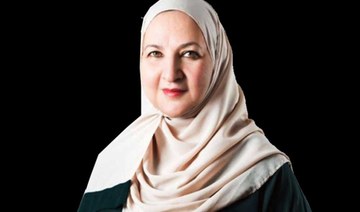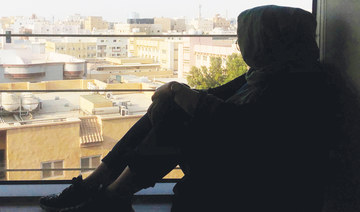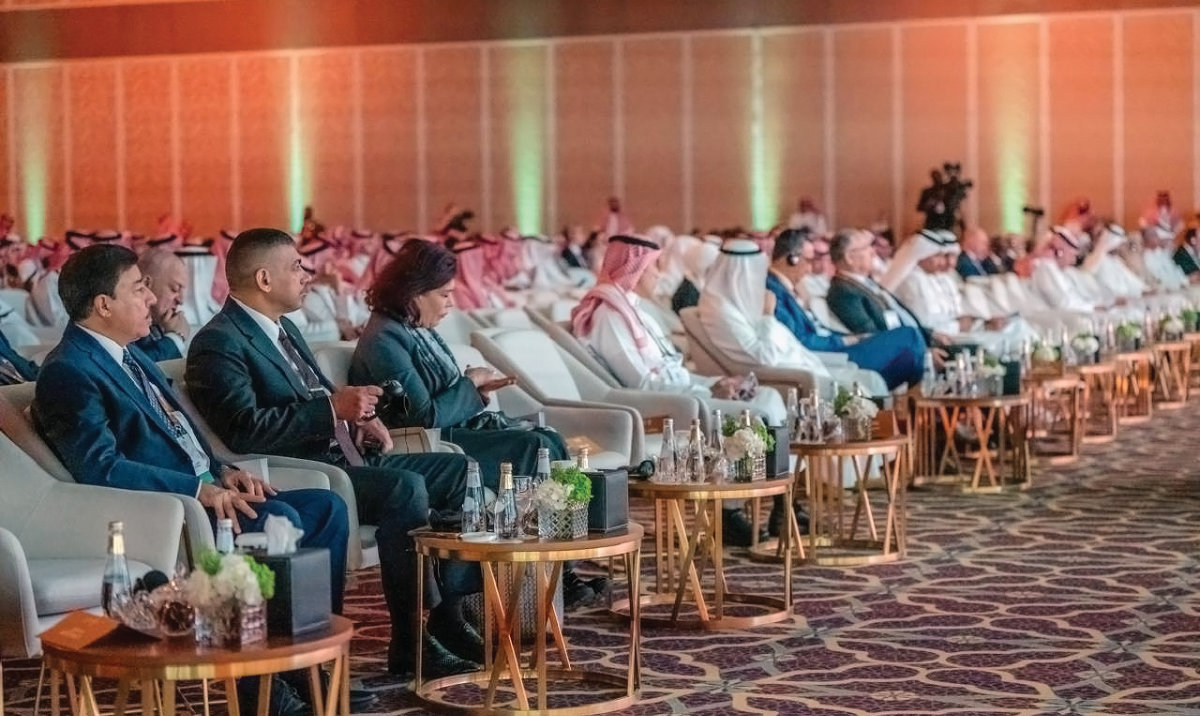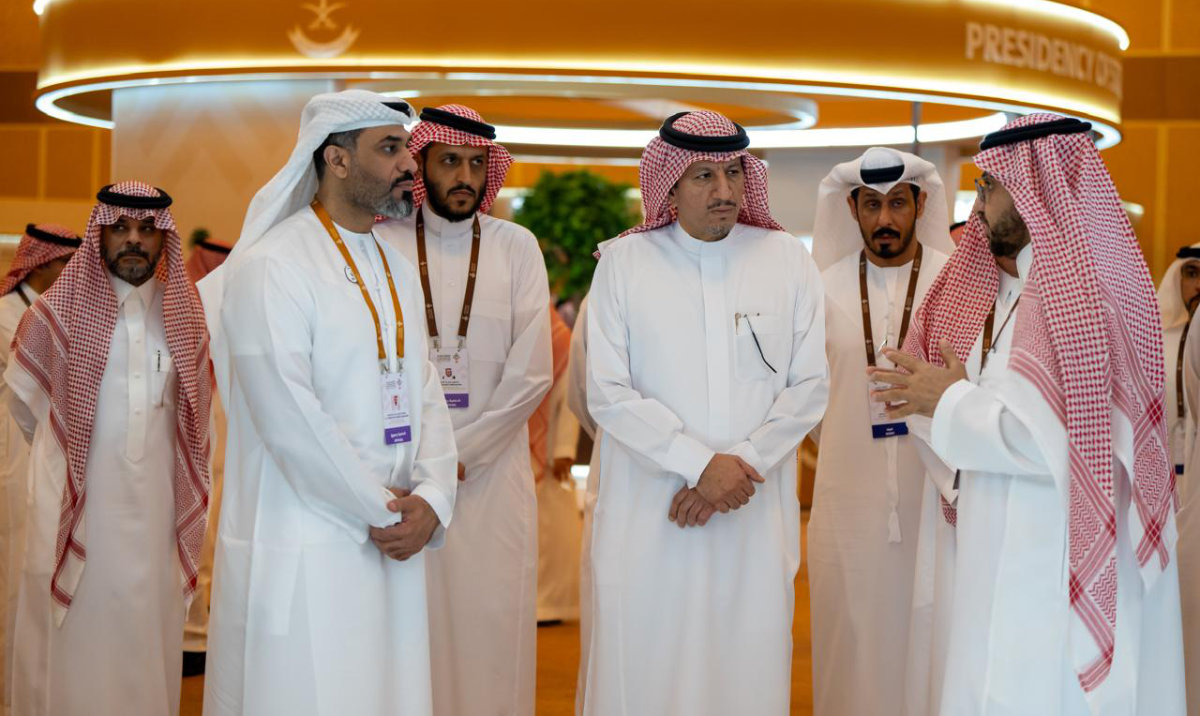JEDDAH: A young Saudi is setting the pace by becoming the only woman working at a manufacturing plant as a digital transformation consultant for GE Digital in the Kingdom.
Rawan Abukhaled, 23, has paved the way for hopeful young Saudi engineers to not be afraid of being the only woman in the room.
“I’m probably one of the first women to join the industry in the Kingdom,” she said. “I want to be the best representation of a female Saudi engineer in this field, so everyone around me thinks, ‘Hey, we need to hire more women.’ I’m constantly trying to get that idea through,” she added.
She is aware of how male-dominated the industry is, not just in Saudi Arabia but around the world. “When I got my first job in the US as a software developer, I was one of the very few females in the room as a software developer and now there are sometimes no other women in the room.”
Abukhaled is passionate about making change, and her job depends on it. She is keen on providing companies with digital solutions that help them to cut costs and raise productivity.
“Today, I’m learning in the field hands-on, rather than in an office. And for soft skills, this is a client-facing job. So, I am in situations that challenge me to grow, especially in my interactions with customers. I’m the only local or regional person on the ground, so the (GE Digital) team in the US relies on me to go to customer sites, and that helps me grow both my technical and soft skills.”
HIGHLIGHT
She is aware of how male-dominated the industry is, not just in Saudi Arabia but around the world. She has paved the way for hopeful young Saudi engineers to not be afraid of being the only woman in the room.
The industrial and systems engineering graduate gained a sense of how much she could do for women when she studied at Virginia Tech, US. She took part in a campaign to become the vice president of the Saudi Student Club and succeeded in becoming the first woman to be elected to the role in 80 years.
Abukhaled said that she was flabbergasted at the number of women approaching her to ask what it was like and the impact it left on female students around her. “I was the vice president of a student club. Even something that small inspired women.”
When she was growing up, Abukhaled wanted to get into medicine. “As I got older, I realized I wasn’t that great in biology and I was more interested in physics and math, so I knew engineering was a better fit for me.”
Her current job with GE Digital allows her to work in the two areas she feels strongly about: Technology and people. “There’s a geek side to me that likes the math and problem-solving, and the other side of me that loves the social network and interacting with people.”
Her father has supported her throughout. He was an industrial engineer, which ended up being a great asset as the two of them shared common interests. “We are a lot alike. He became an influential leader in a multinational organization, and I want to follow in his footsteps. He’s supported me every step of the way, ever since I was a little girl.”
































